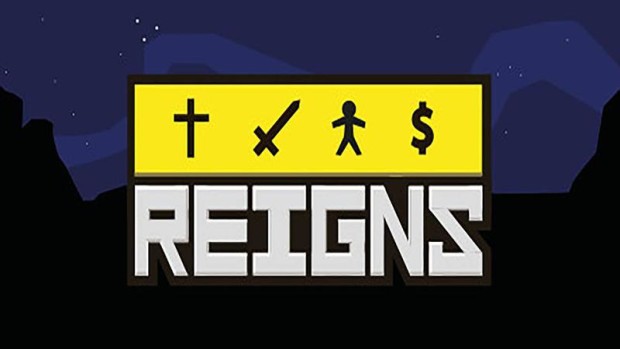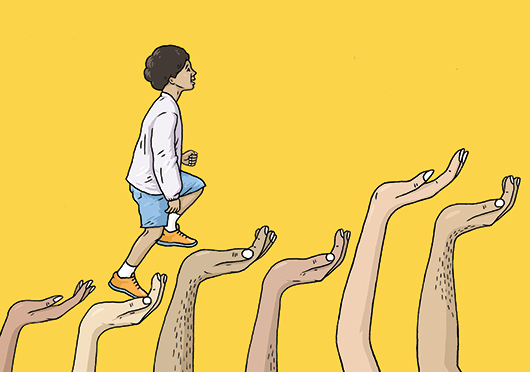The magic circle is an interesting place. This is particularly true when looking at values, morality, and consequences for our actions. By Huizinga’s definition of the magic circle, things that happen in a game cannot have consequences in our daily lives. This is why, despite many similarities, school isn’t a game for Huizinga. Work isn’t a game; we are dependent on work to live.
This logic, however, begins to fall apart when we look at how values and morality in games actually do shape our values and morality in our lives outside of the game. The lessons we absorb are most often not as simple as: kill your enemy or it’s ok to shoot people in the street. The most impactful lessons are often peripheral to the main values in game. For example, first person shooters may not make you more violent, but if each team seems themselves as American and the enemy as Middle Eastern, there is some implied value system in that (white: good; brown: bad). This perspective is normalized, and thus it begins to have an impact on some players.
I’m currently teaching a class called Writing for Video Games. It’s an upper level screen writing course, though I have a wide variety of students from many different majors, many different ages, and many different goals (some don’t even like games, this class just seemed like the most interesting for the goal area it satisfies). One of the things I’ve found incredibly fascinating is the way my students navigate this complicated, blurry like of values and consequences in games. One student is fed up with games that have a good and bad path, but clearly favor the righteous path in terms of writing and rewards. You can choose to be evil, sure, but there usually is a risk with it. She wants to write a narrative where you can truly choose to be evil and get just as interesting of a story and rewards as the good path.
I’ve had several students who want to write a game where you play as a straight up evil character. Sometimes the narrative makes you see that the villain isn’t all that bad (not uncommon in literature and film); sometimes the narrative forces you to do some straight terrible things for little or no reason. There is an intrinsic fascination with being able to be bad, but also be free of the consequences of those bad actions. Just look at how many “good” people giggle at the prospect of killing prostitutes in GTA.
This, I’m sure, is an old hat topic for some. What I’m currently interested in is not so much the idea that games have this blurry moral line, on one hand tempting us to be bad, on the other impacting our real world value systems, but in the consequences for certain actions in games. GTAV encourages “deviant” behavior by having a lack of consequences associated with the behaviors. The only real consequence is that the police will chase you, but even that is seen as a mark of triumph: you have actual quests and unlocks that are dependent on the police wanting to chase you.
When looking at consequences in serious games, or games for change, I have begun to see why so many serious games fail. Whereas the consequences for immoral behavior is usually subtle in AAA or COTS games, consequences in serious games are swift and unmerciful. Most players don’t find the games “fun,” and I think it’s because the consequences are too unrealistic (unrealistic for the expectations of the game, that is; it could be very realistic in terms of the consequences you face in everyday life). Serious games don’t play with a variety of consequences, because they’re too focused on condemning this behavior or encouraging that action.
In order for serious games and games for change to really grow and have the impact their creators likely strive for, I think the system of values and consequences needs to be more complicated. I could pick up most games for change right now and be bored in 5 minutes. My students don’t even like playing them when I assign them. It’s a bad sign; especially if serious games will supposedly fix our broken reality.




